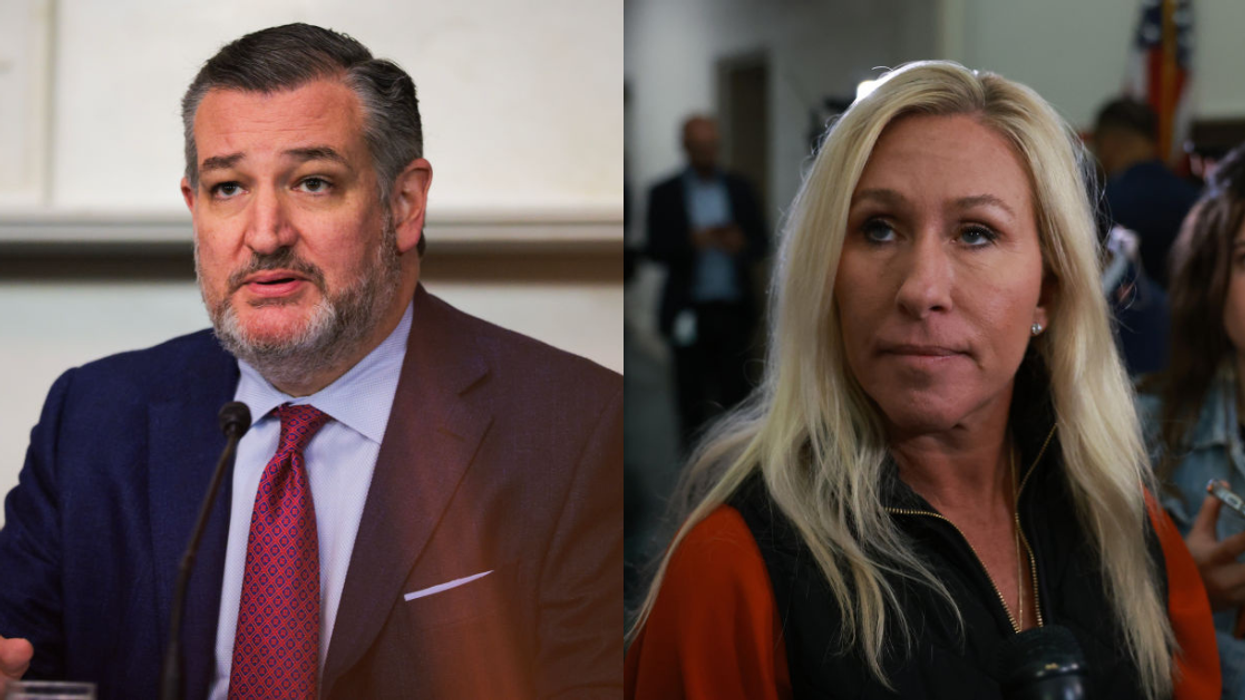More than nine years after the massacre of 20 first grade children and six adult educators at the Sandy Hook Elementary School in Newtown, Connecticut, the families of the victims reached a historic settlement with Remington Arms, the manufacturer of the AR-15 style weapon used by the killer. Remington, currently in bankruptcy, will pay $73 million through four insurers to settle the families’ liability claims.
The case and the settlement are being closely watched by both gunmakers and gun violence prevention advocates because of the precedent it sets. The industry has long been shielded from liability by the Protection of Lawful Commerce in Arms Act (PLCAA) which preempts most claims against arms manufacturers and sellers resulting from the criminal use of their products. But the families and their lawyers believed they still had a long-shot chance to get past the sweeping federal immunity, noting that the law contains an exception to the act where the defendant “knowingly violated a State or federal statute applicable to the sale or marketing of the product, and the violation was a proximate cause of the harm for which relief is sought.”
Seizing upon this, the families pursued a claim under Connecticut’s Unfair Trade Practices Act, which like similar laws in many other states forbids “unfair methods of competition and unfair or deceptive acts or practices in the conduct of any trade or commerce.” They argued that Remington illegally marketed its Bushmaster XM15-E2S semiautomatic rifle—a combat weapon designed for war—to ordinary civilians like the young killer. The weapon he used was substantially similar to the U.S. military’s standard-issue M16 rifle but fires only in semiautomatic mode. It took just 267 seconds for him to mow down the 26 victims.
Specifically, the families alleged that Remington knowingly targeted younger, at-risk males in its advertising and product placement, particularly in violent video games. Through these practices, they argued, the gunmaker violated Connecticut law and could be held, at least in part, liable for the foreseeable results of its advertising. The plaintiffs cited marketing that was aimed particularly at “masculinizing” ownership of the military weapon. One of Remington’s ads, for example, featured the rifle against a plain backdrop with the phrase: “Consider Your Man Card Reissued.” And in a related campaign, Bushmaster enabled buyers to “report your friend for not ‘being a man’ because they didn’t own a Bushmaster” by submitting the friend’s email to the company so that they would be notified.
After their case was initially tossed by the trial court under the PLCAA, the families appealed to the Connecticut Supreme Court, which held that the exception to the federal law applied in this case and that Congress under the PLCAA did not intend to preclude the families’ wrongful advertising and marketing claims brought under Connecticut’s unfair trade practices statute. The gunmaker then appealed to the U.S. Supreme Court, which in 2019 declined to hear the case.
With the Supreme Court’s tacit approval, we could see similar suits proceed in other states that have laws covering unfair trade practices on the books that operate in a manner similar to Connecticut’s. At a minimum, gun manufacturers (and their insurers) will be taking a hard look at their marketing practices and likely adopting less aggressive tactics so that they don’t wind up sued or in bankruptcy like Remington Arms.
As part of the historic settlement, and upon insistence by the families who turned down earlier cash offers and ultimately refused to settle for only money, some marketing documents and other materials obtained in discovery will become available for the public and other plaintiffs to see and use, though no timetable on their release has been announced. This is significant because other plaintiffs as well as the consuming public will now be privy to behind-the-scenes decisions on gun marketing, including for example what the manufacturers believed or knew about their audience of mostly young, sexually insecure men and how they went about targeting them.
Recognizing the historic nature of the settlement, the Biden White House weighed in as well, stating
"This progress is the result of the perseverance of nine families who turned tragedy into purpose. They have demonstrated that state and city consumer protection laws – like Connecticut’s Unfair Trade Practices Act – provide an opportunity to hold gun manufacturers and dealers accountable for wrongdoing despite the persistence of the federal immunity shield for these companies.
As I have repeatedly called for, Congress must repeal the Protection of Lawful Commerce in Arms Act so we can fully hold gun manufacturers and dealers accountable. But, in the meantime, I will continue to urge state and local lawmakers, lawyers, and survivors of gun violence to pursue efforts to replicate the success of the Sandy Hook families."
In this sense, we are at a similar moment to when lawsuits against tobacco manufacturers revealed they were well aware of the serious health risks of cigarettes—yet chose to increase their addictiveness. Or when claims against fossil fuel producers revealed they were on notice that their products were dangerously warming the planet— yet took measures instead to actively discredit the science behind it.
The settlement is bittersweet for the families, who noted they would give it all back in an instant if they could have their loved ones back. Nicole Hockley, whose son was killed that day, released a statement saying, “My beautiful butterfly, Dylan, is gone because Remington prioritized its profit over my son’s safety. Marketing weapons of war directly to young people known to have a strong fascination with firearms is reckless and, as too many families know, deadly conduct. Using marketing to convey that a person is more powerful or more masculine by using a particular type or brand of firearm is deeply irresponsible.”
“My hope is that by facing and finally being penalized for the impact of their work, gun companies, along with the insurance and banking industries that enable them, will be forced to make their business practices safer than they have ever been,” Hockley said.
For more political analysis, subscribe to the Status Kuo newsletter.



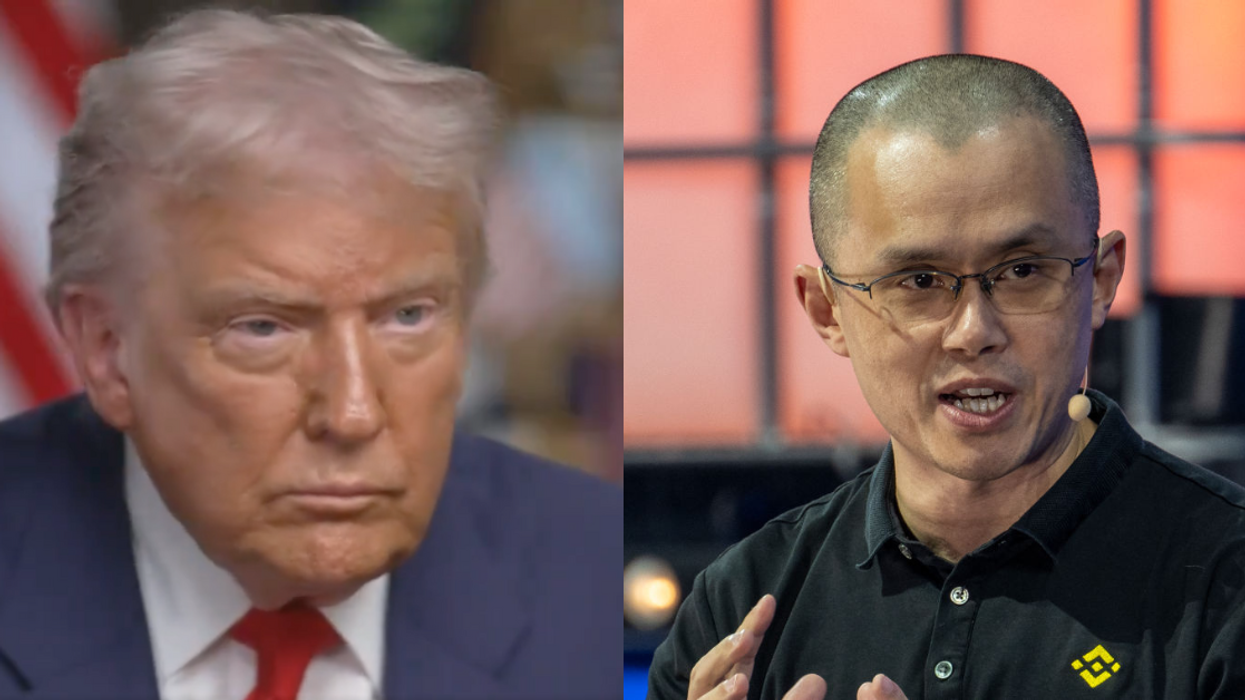






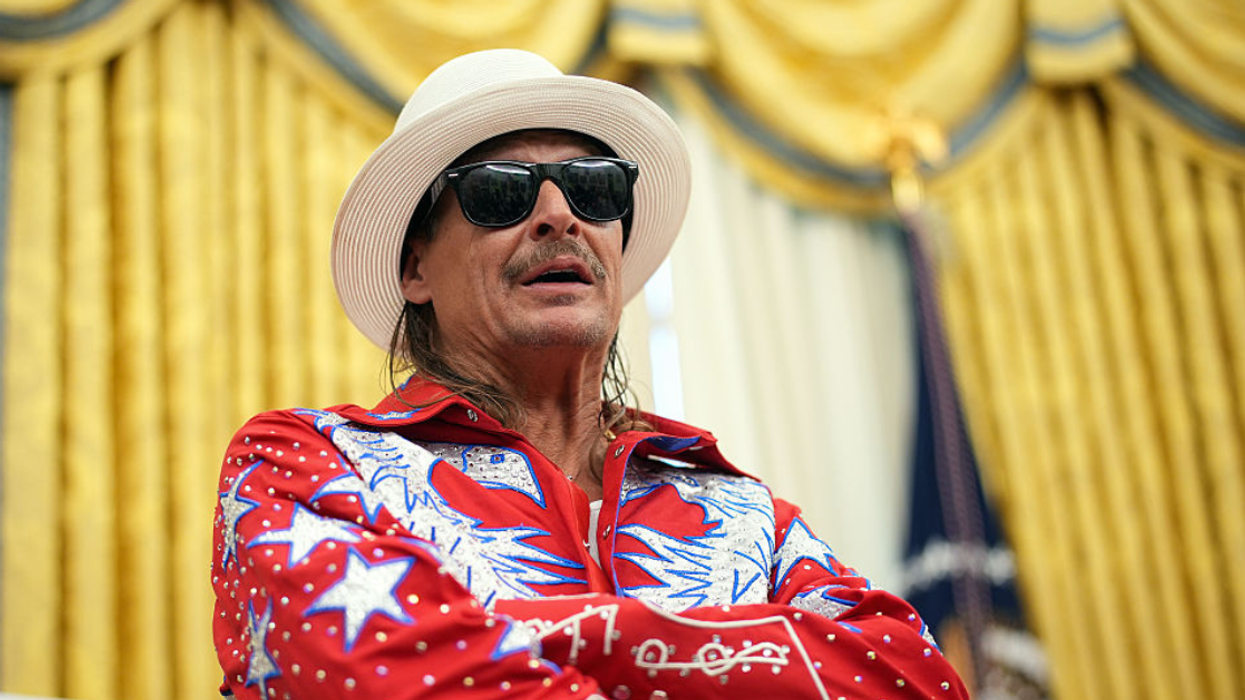
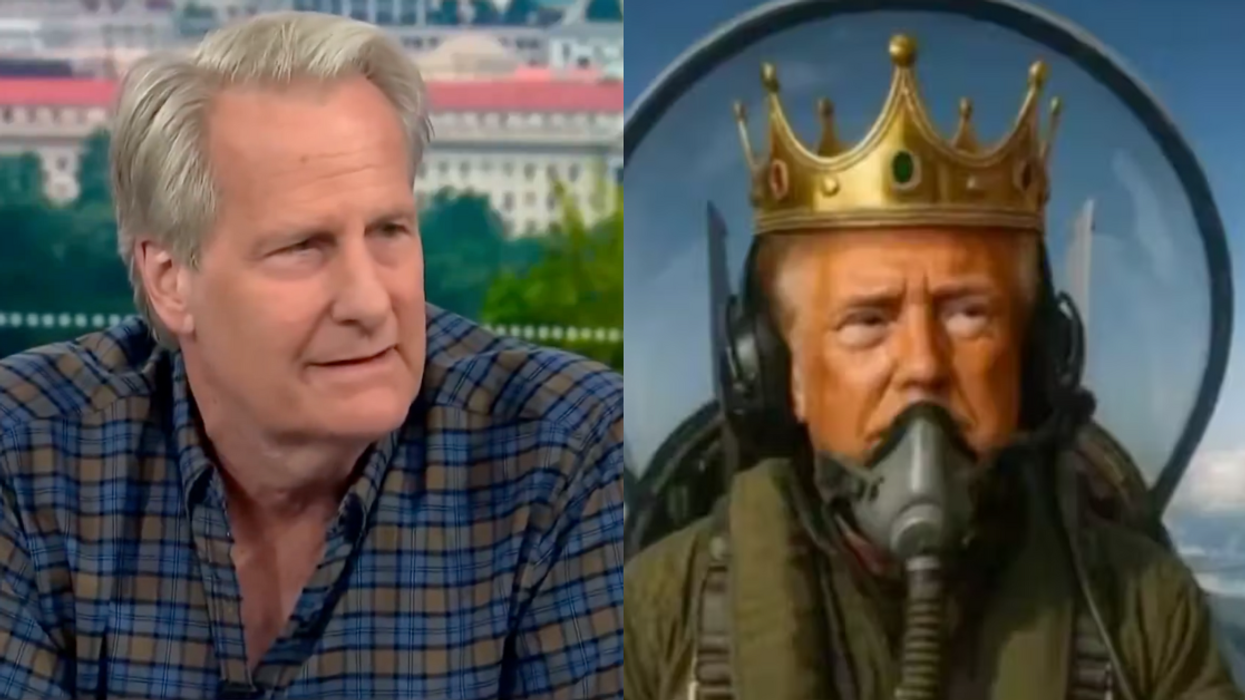

 mass.gov
mass.gov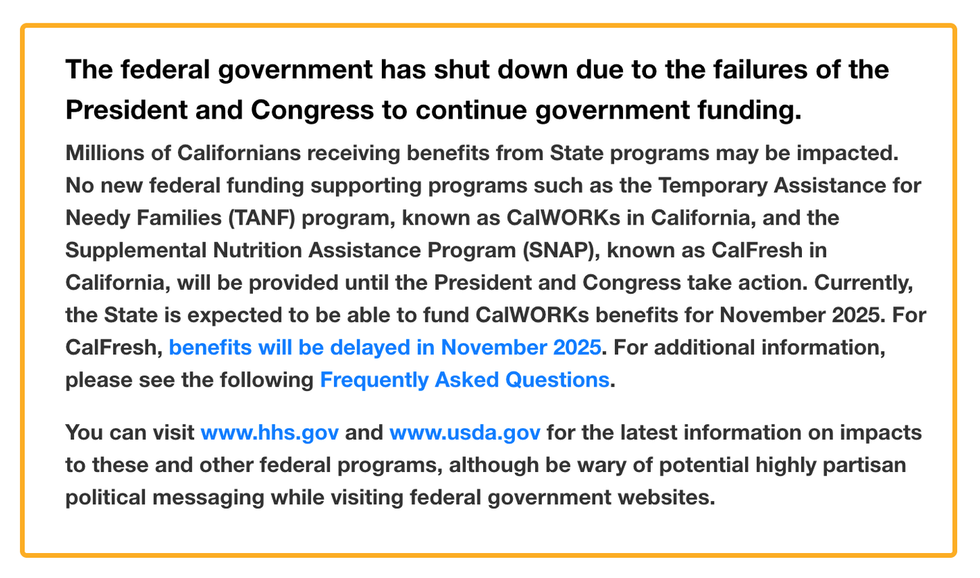 cdss.ca.gov
cdss.ca.gov
 Sad Break Up GIF by Ordinary Frends
Sad Break Up GIF by Ordinary Frends  so what who cares tv show GIF
so what who cares tv show GIF  Iron Man Eye Roll GIF
Iron Man Eye Roll GIF  Angry Fight GIF by Bombay Softwares
Angry Fight GIF by Bombay Softwares 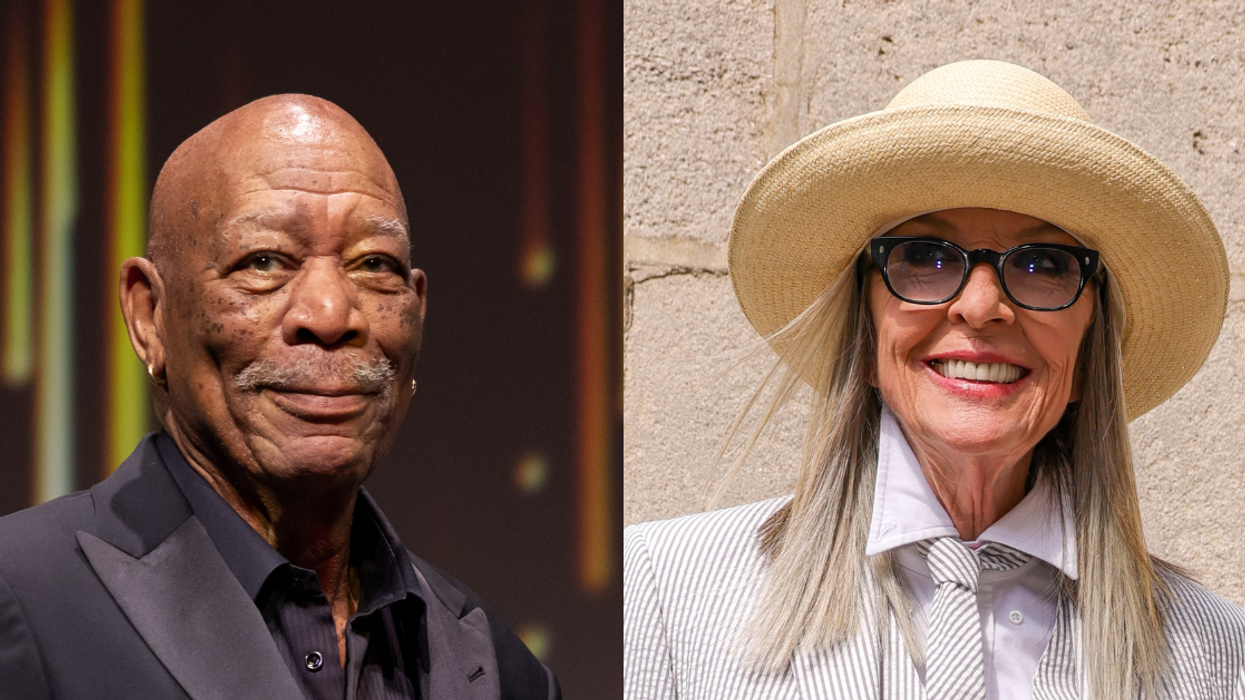
 @jimmykimmellive/Instagram
@jimmykimmellive/Instagram @jimmykimmellive/Instagram
@jimmykimmellive/Instagram @jimmykimmellive/Instagram
@jimmykimmellive/Instagram @jimmykimmellive/Instagram
@jimmykimmellive/Instagram @jimmykimmellive/Instagram
@jimmykimmellive/Instagram @jimmykimmellive/Instagram
@jimmykimmellive/Instagram @jimmykimmellive/Instagram
@jimmykimmellive/Instagram @jimmykimmellive/Instagram
@jimmykimmellive/Instagram @jimmykimmellive/Instagram
@jimmykimmellive/Instagram @jimmykimmellive/Instagram
@jimmykimmellive/Instagram @jimmykimmellive/Instagram
@jimmykimmellive/Instagram @jimmykimmellive/Instagram
@jimmykimmellive/Instagram @jimmykimmellive/Instagram
@jimmykimmellive/Instagram @jimmykimmellive/Instagram
@jimmykimmellive/Instagram